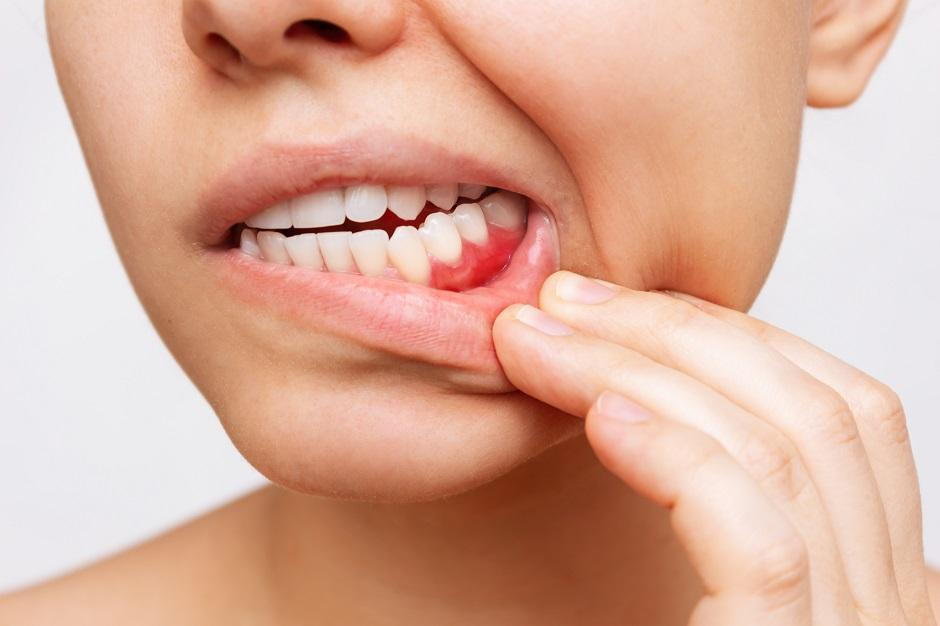
It’s no fun when your gums are bleeding – it can be painful, especially if you have to chew your food! While there can be many causes of bleeding gums, some very serious, there are also some pretty common ones that are much less concerning. Here you will learn why your gums are bleeding and what you can do about it.
1) Gingivitis
Gingivitis is an inflammation of the gums that can lead to bleeding. It's usually caused by plaque, a sticky film of bacteria that forms on your teeth. Plaques can harden into tartar, which can irritate and inflame your gums. Gingivitis is often reversible with good oral hygiene. But if it's not treated, it can progress to periodontitis, a more serious form of gum disease.
2) Periodontitis
Periodontitis is a common cause of bleeding gums. It's an inflammation of the gums that can destroy the tissue and bone that support your teeth. Periodontitis is usually caused by plaque, a sticky film of bacteria that forms on your teeth. If plaque isn't removed, it can harden into tartar, which leads to periodontitis.
3) Diabetes
People with diabetes are more likely to develop gum disease because high blood sugar levels can damage the gums and the body’s ability to fight infection. Gum disease can cause bleeding gums, which is often one of the first signs of the condition. If you have diabetes, it’s important to see a dentist regularly so that any problems can be caught early and treated effectively.
4) Brushing Too Hard
One common reason why your gums may bleed is that you're brushing too hard. While it's important to brush thoroughly, you don't want to be too aggressive, as this can irritate your gums and cause them to bleed. If you're not sure if you're brushing too hard, pay attention to how your gums feel after you brush; if they're sore or tender, you may be brushing too vigorously.
5) Vitamin K deficiency
Another common cause of bleeding gums is a vitamin K deficiency. Vitamin K is important for blood clotting, so without enough of it, your gums may bleed more easily. This makes it important to get your vitamin K checked every few months.
6) Scurvy
Scurvy is a disease caused by a lack of vitamin C (ascorbic acid). Humans need vitamin C for the synthesis of collagen, which is important for the normal function of blood vessels, skin, tendons, and bones. Symptoms of scurvy include easy bruising, bleeding gums, and poor wound healing.
7) Blood-thinning medications
If you take a blood thinner, your gums may be more susceptible to bleeding. These medications are designed to prevent blood clots, but they can also make it easier for your gums to bleed if they're not healthy. Make sure to tell your dentist if you're taking any blood thinners.
Conclusion
In the end, nothing is more important than your personal well-being. If you're having persistent bleeding gum problems, it may be time to call your dentist and schedule an appointment. The sooner you seek treatment, the better, especially if you have any risk factors for gum disease or additional health problems that could be affected by gum disease.
